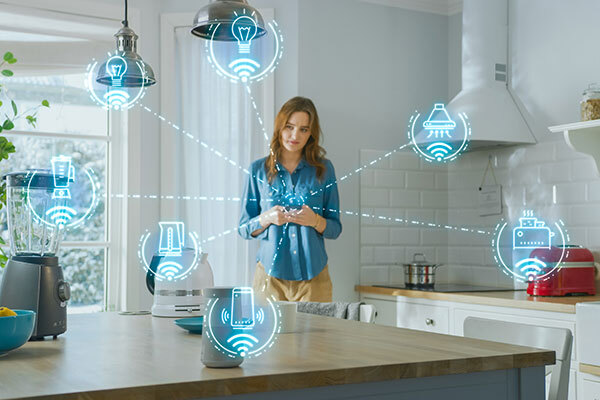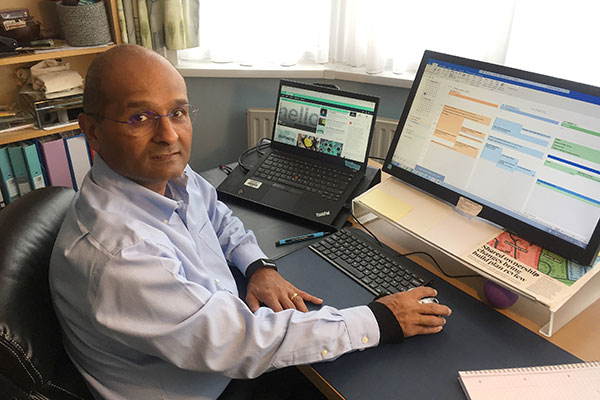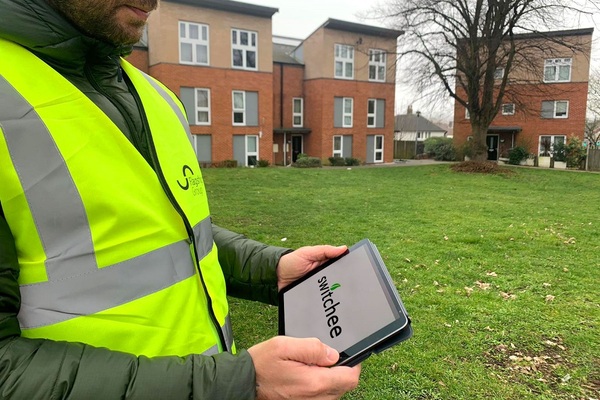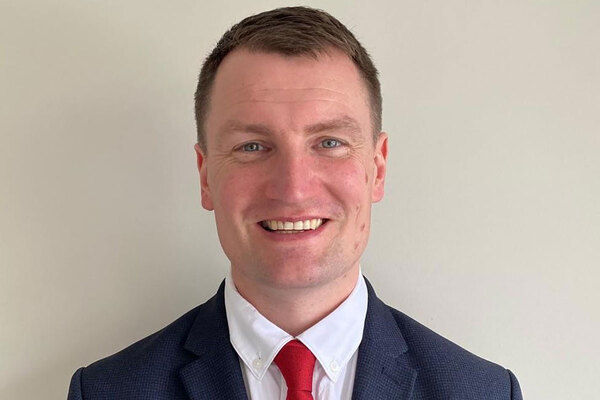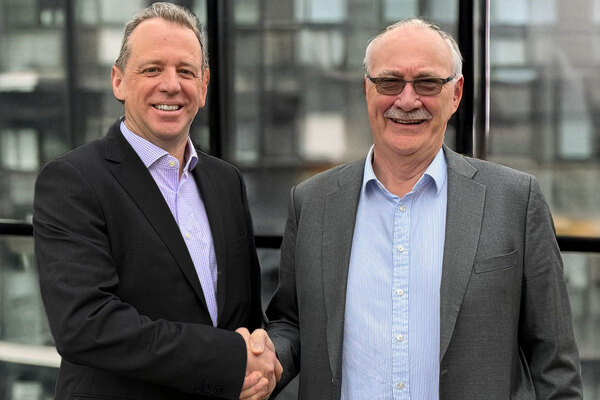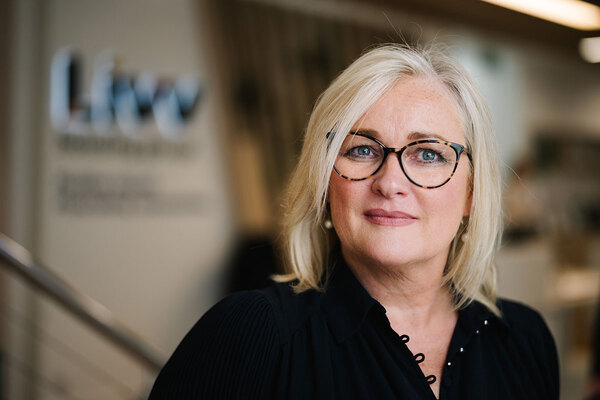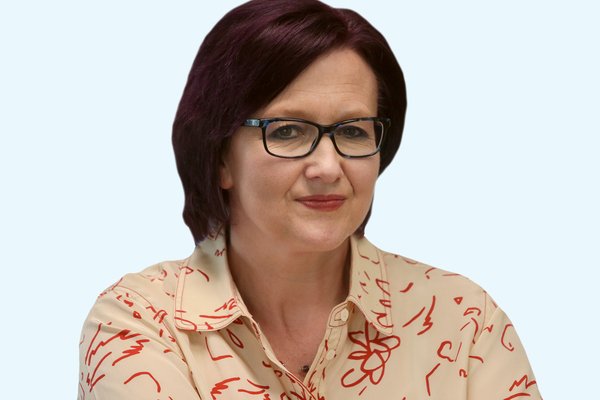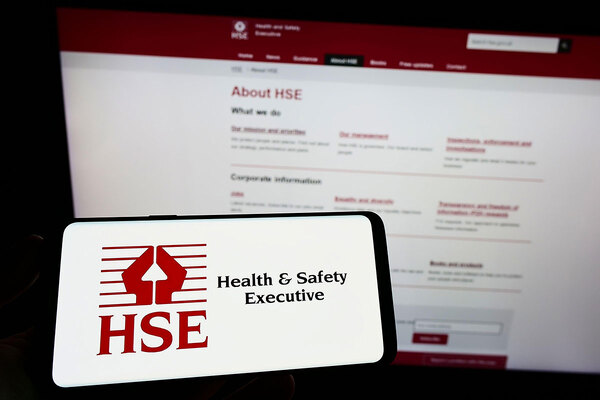How can social housing be smart about technology data use and privacy?
Inside Housing’s webinar discussion, chaired by editor Martin Hilditch and sponsored by HomeLINK, evaluates the key issues surrounding data use and privacy of Internet of Things technology including how the data is protected, regulated and what resident understanding and expectation might be when living in a smart home or using third-party apps
In association with:

By next year, 6.3 million UK households are expected to have some smart home technology. However, according to a YouGov survey in 2018, the majority of these are unlikely to be social housing properties.
For social landlords the asset management advantages of using smart technology to manage homes are huge, including using monitoring systems such as leak detectors or smart thermostats for maintenance and environmental issues; fire door safety devices and remote smoke alarm testing to streamline compliance checks; or assisted living sensors to keep in touch with residents – so Internet of Things (IoT) technology should be part of an organisation’s digital transformation plan.
A smarter home can also improve the experience for the occupant by regulating bills and helping residents to understand and control their own home, or by monitoring the atmosphere and appliances for a healthier, safer home.
However there are ethical implications surrounding resident interaction with smart technology – and earlier this year, the Centre for Data Ethics and Innovation, tasked by the government to connect policymakers and industry with the public to develop the right governance for data-driven technologies, launched a barometer to analyse the opportunities, risks, and challenges associated with innovation, data use and privacy.
Watch our webinar below, as these topics are discussed.
Inside Housing and HomeLINK webinar: the speakers
Julian Schwarzenbach, chair, BCS data management specialist group at Chartered Institute of IT
Mr Schwarzenbach is one of the country’s leading asset information experts with a long track record of successful consultancy projects across many organisations and sectors.
He is involved in a variety of standards committees developing data, asset and business information modelling standards both in the UK and internationally.
As an author, presenter and trainer, Mr Schwarzenbach is a ‘data evangelist’ who is passionate about raising awareness of the benefits of better data management and exploitation.
Daniel Hardy, project co-ordinator, Leeds City Council
Mr Hardy has worked in local government for more than 20 years and has a background in business analysis and change and project management.
He is part of the city digital partnerships team that works across the council and the four Leeds-based NHS organisations focused on the delivery of integrated care via digital means.
Mr Hardy works on initiatives which look at how IoT technology can be used to improve the health and well-being of Leeds citizens.
Chris Jones, chief operating officer, HomeLINK
Mr Jones is one of HomeLINK’s co-founders and is responsible for product development, marketing and sales. With a background in technology strategy, advisory and commercialisation, Mr Jones was previously a management consultant in the energy sector but more recently was a director at a high growth AI company where responsibilities included business development, marketing and fundraising.
Lucy Fraser, head of innovation, Albyn Housing Society
Ms Fraser has more than 20 years’ experience within the social housing sector. Her background is in urban policy and innovation. Recently she has been leading the technology side of a multi-agency city region deal innovation project in partnership with NHS Highland to develop a technology-enabled homes test bed within the social housing sector. The aim is to create homes where ambient technology supports individuals to live independently as long as it is safe from them to do so, while enabling support and intervention from family, friends, carers and health professionals at appropriate times based on data-driven alerts and algorithms.
The data created by the project will support the development of health, housing and care solutions which will be developed through a social business model. The model aims to enable access to innovative health and care solutions by those most in need, directly targeting health inequality, while simultaneously supporting public health and well-being. The project has a number of research partners working on AI, 5G, and data management.
Sign up for our asset management newsletter
Already have an account? Click here to manage your newsletters
